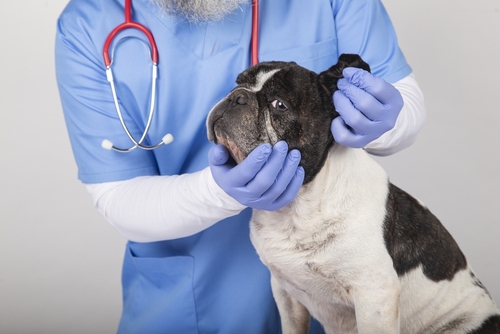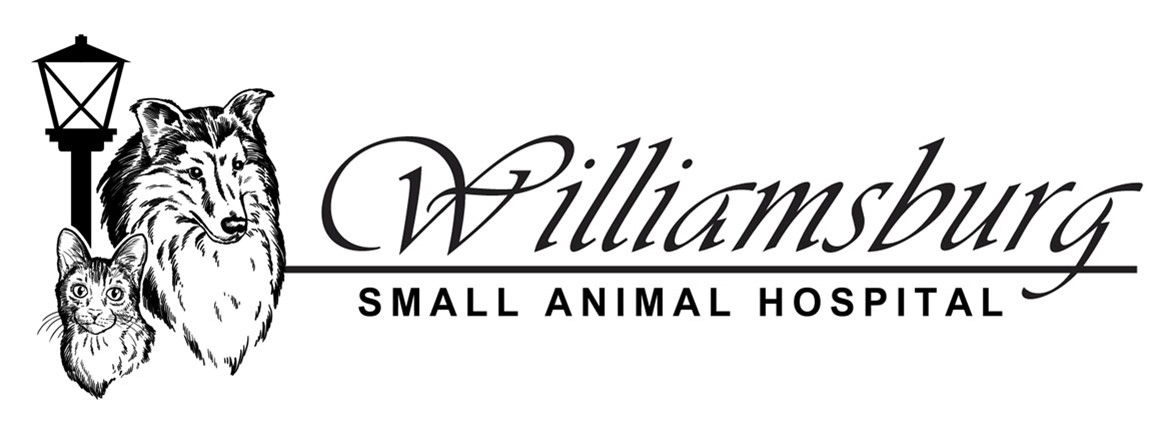Kennel Cough: Symptoms, Treatment & Prevention

Kennel cough is a highly contagious respiratory infection that affects dogs of all ages and breeds. Also known as canine infectious tracheobronchitis, kennel cough is commonly spread in places where dogs are in close proximity to one another, such as boarding facilities, grooming salons, and dog parks. In this blog post, we will discuss the symptoms, treatment, and prevention of kennel cough to help dog owners better understand this common illness and how to protect their furry friends.
Understanding Kennel Cough
Kennel cough is caused by a combination of viruses and bacteria, including Bordetella bronchiseptica, canine parainfluenza virus, and canine adenovirus. These pathogens infect the dog’s respiratory tract, leading to inflammation and irritation of the trachea and bronchi. The main symptom of kennel cough is a persistent, dry cough that can be triggered by excitement, exercise, or pressure applied to the dog’s trachea.
Other symptoms of kennel cough may include:
1. Sneezing
2. Nasal discharge
3. Runny eyes
4. Mild fever
5. Loss of appetite
In severe cases, kennel cough can progress to pneumonia, especially in young puppies, elderly dogs, or dogs with weakened immune systems. It is essential to monitor your dog’s symptoms closely and seek veterinary care if the cough persists or worsens.
Treatment for Kennel Cough
Most cases of kennel cough are mild and resolve on their own within 1-2 weeks with proper rest and supportive care. However, in some instances, veterinary treatment may be necessary to manage symptoms and prevent complications. Your veterinarian may recommend the following treatment options for kennel cough:
1. Cough suppressants: Medications to help alleviate your dog’s cough and reduce irritation of the respiratory tract.
2. Antibiotics: If a bacterial infection is suspected, antibiotics may be prescribed to treat the underlying cause of kennel cough.
3. Rest and isolation: In order to prevent the spread of kennel cough to other dogs, it is important to keep your infected dog isolated and provide plenty of rest until they fully recover.
4. Humidifier: Using a humidifier in the room where your dog sleeps can help alleviate respiratory irritation and promote healing.
In severe cases of kennel cough or if pneumonia develops, hospitalization and more advanced treatments may be necessary. It is crucial to follow your veterinarian’s recommendations closely and provide your dog with the care they need to recover fully from kennel cough.
Preventing Kennel Cough
Preventing kennel cough is essential for maintaining the health and well-being of your dog, as well as preventing the spread of the infection to other dogs. Here are some key strategies for preventing kennel cough:
1. Vaccination: The most effective way to prevent kennel cough is through vaccination. The Bordetella bronchiseptica vaccine is commonly recommended for dogs that are frequently in contact with other dogs, such as those that visit boarding facilities or participate in dog shows.
2. Avoid high-risk environments: Limit your dog’s exposure to crowded or poorly ventilated areas where kennel cough can easily spread, such as boarding facilities, grooming salons, and dog parks.
3. Maintain good hygiene: Regularly clean and disinfect your dog’s living space, food and water bowls, and toys to prevent the spread of germs that can cause kennel cough.
4. Support your dog’s immune system: Provide your dog with a balanced diet, regular exercise, and routine veterinary care to help boost their immune system and protect against infections.
By taking these preventive measures, you can help safeguard your dog from kennel cough and reduce the risk of infection in your household.
Summary
Kennel cough is a common respiratory infection that can affect dogs of all ages and breeds. By understanding the symptoms, treatment, and prevention of kennel cough, dog owners can ensure their furry friends stay healthy and happy. If your dog shows signs of kennel cough, such as a persistent cough or other respiratory symptoms, it is essential to seek veterinary care for an accurate diagnosis and appropriate treatment. With proper care and preventive measures, you can help protect your dog from kennel cough and provide them with a safe and comfortable environment to thrive.
Need a Small Animal Hospital in Pauls Valley, OK?
When it comes to keeping your dogs and cats up-to-date on their vaccines, it is crucial to work with a reliable veterinary clinic. Williamsburg Small Animal Hospital is an excellent option for all your pet’s vaccination and small pet needs. We understand the importance of vaccinations in preventing diseases and will guide you through the vaccination schedule for your dog or cat. In addition to vaccines, we also offer a wide range of veterinary services for your pets, including wellness exams, dental care, surgical procedures, and diagnostics. Our team is committed to providing top-notch care to keep your pets healthy and happy. Contact us today to learn more about what we can do for you!
